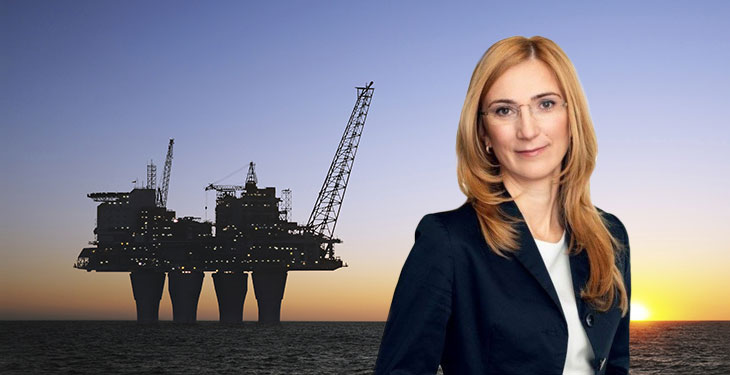OMV Petrom’s CFO, Alina Popa, considers that the amendments to the Offshore Law should follow three important directions.
“The first is related to a competitive tax system. At the moment, Romania has an average effective taxation of somewhere around 25%, compared to 7% – the European average.
Also, if we look at the Black Sea and add, in addition to the actual taxation specific to oil and natural gas, and the profit tax, which is a better, overall we are still somewhere at 30% effective taxation. For comparison, Bulgaria is at 10%, Turkey is at 19%, according to a Biriş Goran study,” she said, according to financialintelligence.ro.
“We have to work to be competitive. It is a competition for capital all over the world and we are seeing more and more countries interested in such projects, including in the Black Sea. The second element that should be addressed is fiscal stability, because a long-term investment requires fiscal stability.
The third element is the free market. We look forward to seeing a draft law in public consultation to address these issues, with a stable, predictable and competitive regulatory framework. They are key elements for any investment, but especially for significant investments in the medium and long term,” added Popa.
According to Alina Popa, Black Sea gas projects can have a multiplier effect on Romania’s economy, both in the medium and long term. According to the latest studies, these are potential investments of over USD 15 billion, that can bring revenues to the state budget of more than USD 25 billion.
